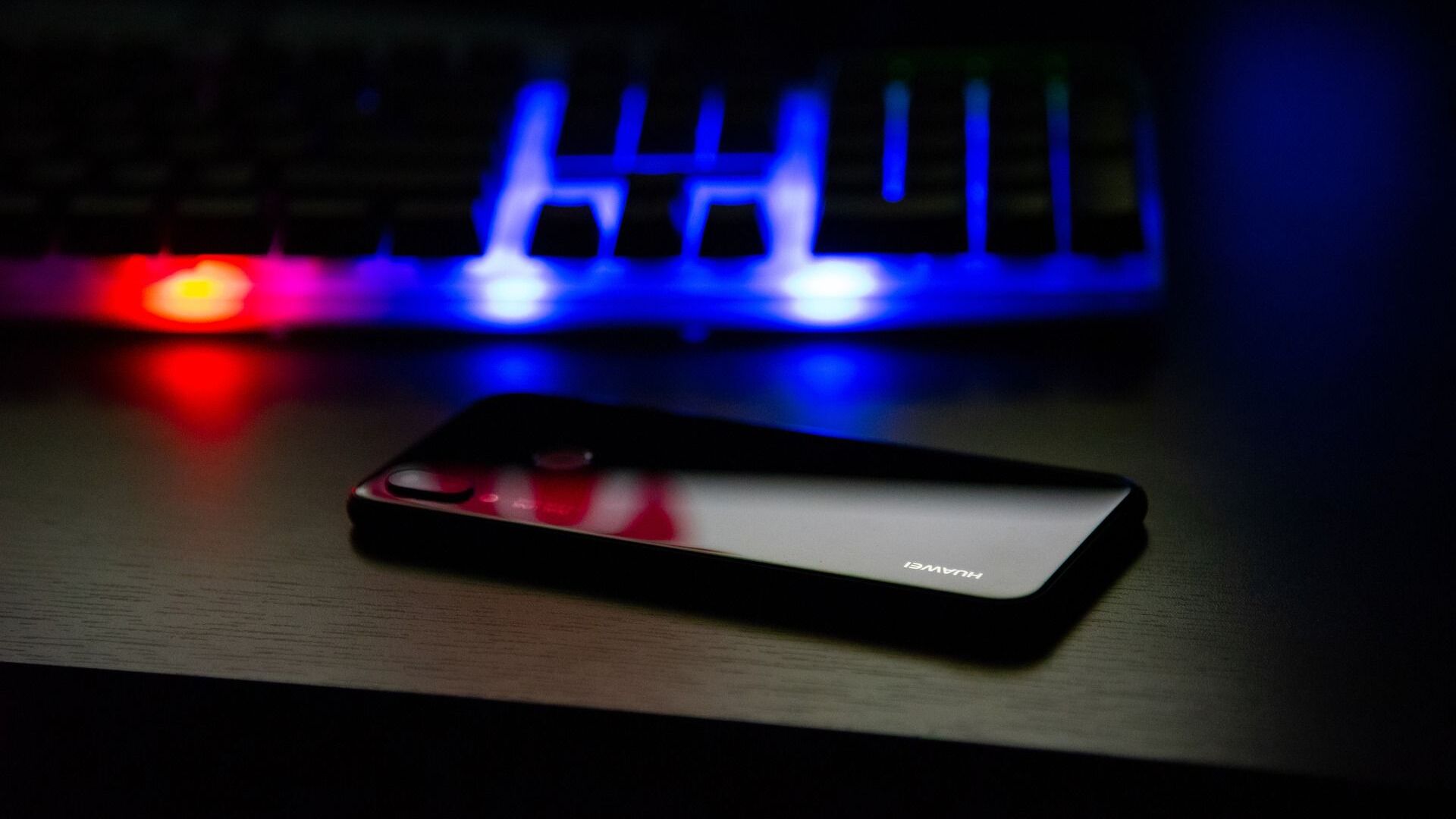https://sputnikglobe.com/20210719/pegasus-indian-opposition-demands-parliamentary-probe-into-israeli-spyware-row-1083411569.html
Pegasus: Indian Opposition Demands Parliamentary Probe Into Israeli Spyware Row
Pegasus: Indian Opposition Demands Parliamentary Probe Into Israeli Spyware Row
Sputnik International
Once it finds its way into a phone, the Pegasus spyware can access emails, messages, WhatsApp chats, saved contact numbers as well as locations of the victim... 19.07.2021, Sputnik International
2021-07-19T13:53+0000
2021-07-19T13:53+0000
2022-10-25T14:42+0000
newsfeed
world
pegasus
narendra modi
narendra modi
indians
indians
spy
spy
spy
https://cdn1.img.sputnikglobe.com/img/07e4/0a/1b/1080887773_0:101:1920:1181_1920x0_80_0_0_92bf2986f1a42a39b3b271b6ebe7523a.jpg
Members of Indian opposition parties, including Congress and others like the All India Majlis-e-Ittehadul Muslimeen on Monday demanded a parliamentary committee probe into the "Pegasus" spyware that reportedly targeted around 300 Indians, including journalists, politicians, activists, businesspersons, and scientists to extract sensitive data from their phones. While suggesting a serious investigation be conducted into the matter, key leaders of the Congress party -- Rahul Gandhi and Priyanka Gandhi Vadra -- have raised questions over the Indian government's potential involvement in the hacking attack.Several cyber-enthusiastic Indians are also extensively discussing on social media if they are being watched by the government.What HappenedA Forensic Methodology Report by Amnesty International released over the weekend claims that Pegasus spyware has been used in a widespread and persistent manner to unlawfully spy on over 50,000 influential people around the world, including in India. A total of 17 global media outlets including The Washington Post and the Indian publication The Wire were among others who joined Amnesty International to report the spyware attack. Speaking to Sputnik, Shamsher Bahadur, Cyber Security Practice Head of software consultancy Armantec Systems, said that it is feasible indeed for such spyware to mine confidential data from the phones of important people who could put the national security of their country at risk. "Since Pegasus is being used to snoop on key individuals like journalists, activists, scientists and politicians -- it could gather secret information from their devices and expose them as well as their countries to major cyber threats," he explained. How the Government Has ReactedIndian news agency ANI released a "government statement" late at night on 18 July that strongly denied all allegations regarding any surveillance of people. The statement does not contain the name of an official or the ministry that issued it, so it remains unclear as to who is looking into the matter, the Ministry of Information and Broadcasting (I&B) or the Ministry of Electronics and Information Technology (MeitY). Sputnik reached out to the Indian Ministries of I&B as well as MeitY for a reaction about the developments, but the queries remain unanswered. India's newly-appointed IT Minister Ashwini Vaishnaw on Monday addressed the subject in the Parliament, saying it is all too "coincidental" that this Pegasus spyware case was revealed in India just a day before the Parliament's Monsoon Session began.Cyber-Vulnerabilities Plaguing Data Security of IndiansThe busting of this cyber-spy racket comes at a time when India is witnessing a rise in web attacks from a number of countries, including -- supposedly -- China and Pakistan. In March, India's Computer Emergency Response Team (CERT) reported to the Parliament that a total of 110, 54, and 59 websites of central ministries, departments and state governments were hacked during 2018, 2019 and 2020, respectively. In addition, CERT also said that over 26,100 Indian websites were hacked in 2020. Senior Indian cyber security expert Nandakishore Harikumar told Sputnik that the scarier part of this Pegasus attack is that nobody is sure how many victims were attacked in India and around the world because more targets could still be under surveillance. "This highlights the unfortunately weak cyber security awareness in India and other nations during these times when the internet has penetrated deeply into our daily lives," Harikumar added. This is not the first time that the Pegasus spyware has been found to have been targeting Indian nationals. In November 2019, WhatsApp claimed that the NSO Group was snooping on Indian activists and journalists using Pegasus.
https://sputnikglobe.com/20210625/cops-trying-to-get-a-hang-of-technical-investigations-as-cyber-crime-cases-on-the-rise-in-india-1083238304.html
Sputnik International
feedback@sputniknews.com
+74956456601
MIA „Rossiya Segodnya“
2021
Radhika Parashar
https://cdn1.img.sputnikglobe.com/img/07e4/09/04/1080369160_0:-1:1098:1098_100x100_80_0_0_bb6455e3161db0b1ab570334277d1de2.jpg
Radhika Parashar
https://cdn1.img.sputnikglobe.com/img/07e4/09/04/1080369160_0:-1:1098:1098_100x100_80_0_0_bb6455e3161db0b1ab570334277d1de2.jpg
News
en_EN
Sputnik International
feedback@sputniknews.com
+74956456601
MIA „Rossiya Segodnya“
Sputnik International
feedback@sputniknews.com
+74956456601
MIA „Rossiya Segodnya“
Radhika Parashar
https://cdn1.img.sputnikglobe.com/img/07e4/09/04/1080369160_0:-1:1098:1098_100x100_80_0_0_bb6455e3161db0b1ab570334277d1de2.jpg
newsfeed, pegasus, narendra modi, narendra modi, indians, indians, spy, spy, spy, spying, spying, attack, attack, attacks, sputnik, sputnik, sputnik news
newsfeed, pegasus, narendra modi, narendra modi, indians, indians, spy, spy, spy, spying, spying, attack, attack, attacks, sputnik, sputnik, sputnik news
Pegasus: Indian Opposition Demands Parliamentary Probe Into Israeli Spyware Row
13:53 GMT 19.07.2021 (Updated: 14:42 GMT 25.10.2022) Once it finds its way into a phone, the Pegasus spyware can access emails, messages, WhatsApp chats, saved contact numbers as well as locations of the victim. The cyber-spy system then transmits the data to the attacker and exposes victims to being followed around on web, without their knowledge.
Members of Indian opposition parties, including Congress and others like the All India Majlis-e-Ittehadul Muslimeen on Monday demanded a parliamentary committee probe into the
"Pegasus" spyware that reportedly targeted around 300 Indians, including journalists, politicians, activists, businesspersons, and scientists to extract sensitive data from their phones.
While suggesting a serious investigation be conducted into the matter, key leaders of the Congress party -- Rahul Gandhi and Priyanka Gandhi Vadra -- have raised questions over the Indian government's potential involvement in the hacking attack.
Several cyber-enthusiastic Indians are also extensively discussing on social media if they are being watched by the government.
A
Forensic Methodology Report by Amnesty International released over the weekend claims that Pegasus spyware has been used in a widespread and persistent manner to unlawfully spy on over 50,000 influential people around the world, including in India.
A total of 17 global media outlets including The Washington Post and the Indian publication The Wire were among others who joined Amnesty International to report the spyware attack.
Speaking to Sputnik, Shamsher Bahadur, Cyber Security Practice Head of software consultancy Armantec Systems, said that it is feasible indeed for such spyware to mine confidential data from the phones of important people who could put the national security of their country at risk.
"Once the spyware is able to access the target devices, it collects the data and transmits it to the Command and Control Centre established by the attacker," Bahadur stated. "The targeted victims are compelled to click on malicious links by several ways including bombarding them with messages involving their areas of interest."
"Since Pegasus is being used to snoop on key individuals like journalists, activists, scientists and politicians -- it could gather secret information from their devices and expose them as well as their countries to major cyber threats," he explained.
How the Government Has Reacted
Indian news agency ANI released a "government statement" late at night on 18 July that strongly denied all allegations regarding any surveillance of people.
The statement does not contain the name of an official or the ministry that issued it, so it remains unclear as to who is looking into the matter, the Ministry of Information and Broadcasting (I&B) or the Ministry of Electronics and Information Technology (MeitY).
Sputnik reached out to the Indian Ministries of I&B as well as MeitY for a reaction about the developments, but the queries remain unanswered.
India's newly-appointed IT Minister Ashwini Vaishnaw on Monday addressed the subject in the Parliament, saying it is all too "coincidental" that this Pegasus spyware case was revealed in India just a day before the Parliament's Monsoon Session began.
Cyber-Vulnerabilities Plaguing Data Security of Indians
The busting of this cyber-spy racket comes at a time when India is witnessing a rise in web attacks from a number of countries, including -- supposedly -- China and Pakistan.
In March, India's Computer Emergency Response Team (CERT) reported to the Parliament that a total of 110, 54, and 59 websites of central ministries, departments and state governments were hacked during 2018, 2019 and 2020, respectively. In addition, CERT also said that over 26,100 Indian websites were hacked in 2020.
Senior Indian cyber security expert Nandakishore Harikumar told Sputnik that the scarier part of this Pegasus attack is that nobody is sure how many victims were attacked in India and around the world because more targets could still be under surveillance.
"One last line by The Wire says that the investigators are not sure about how many got compromised. It's just like counting the number of cyber scams one could come across in a day and even more. It's extremely concerning that there is no way to identify a victim of Pegasus attack until and unless the target is exploited," he said.
"This highlights the unfortunately weak cyber security awareness in India and other nations during these times when the internet has penetrated deeply into our daily lives," Harikumar added.
This is not the first time that the Pegasus spyware has been found to have been targeting Indian nationals.
In
November 2019, WhatsApp claimed that the NSO Group was snooping on Indian activists and journalists using Pegasus.




